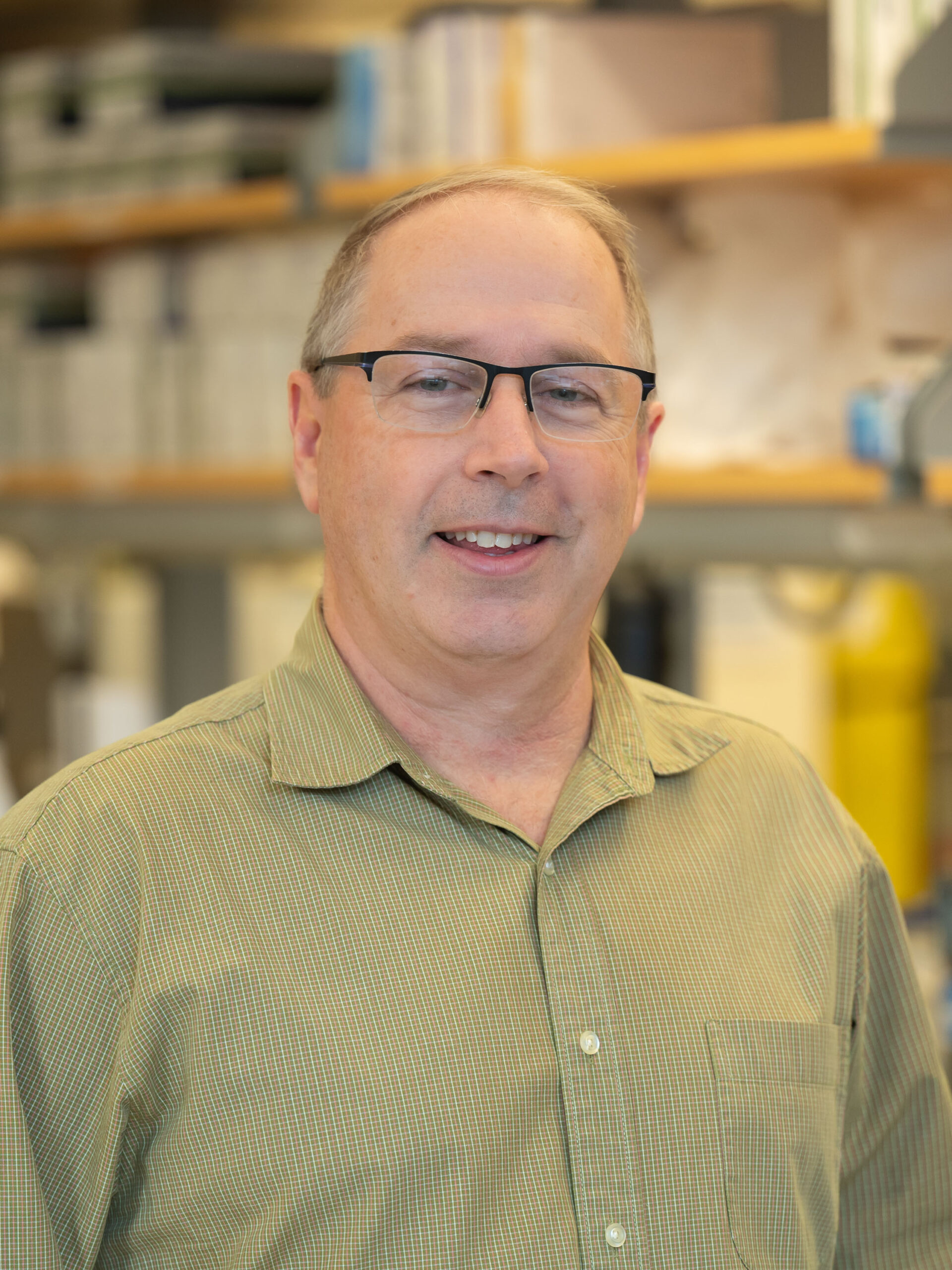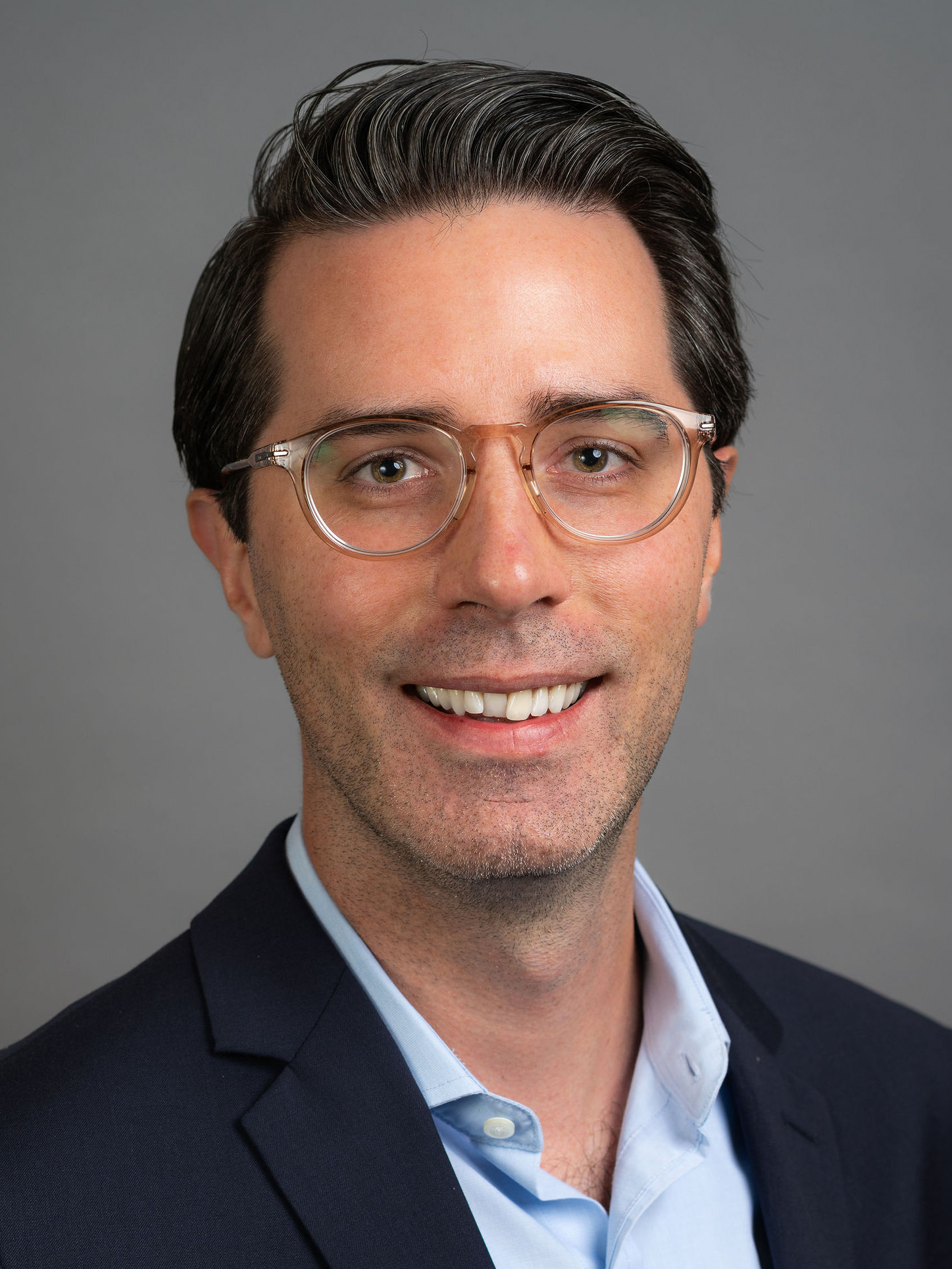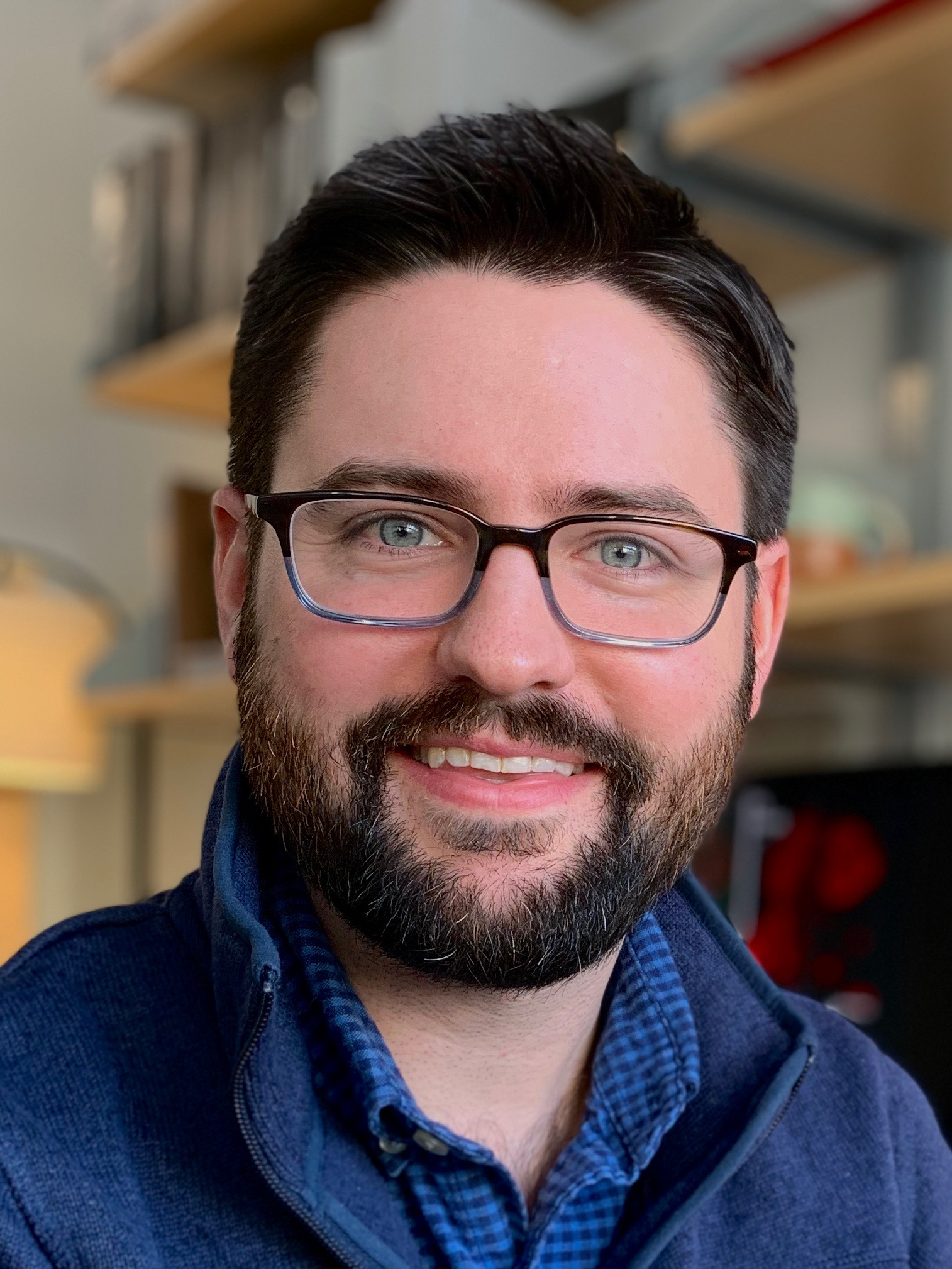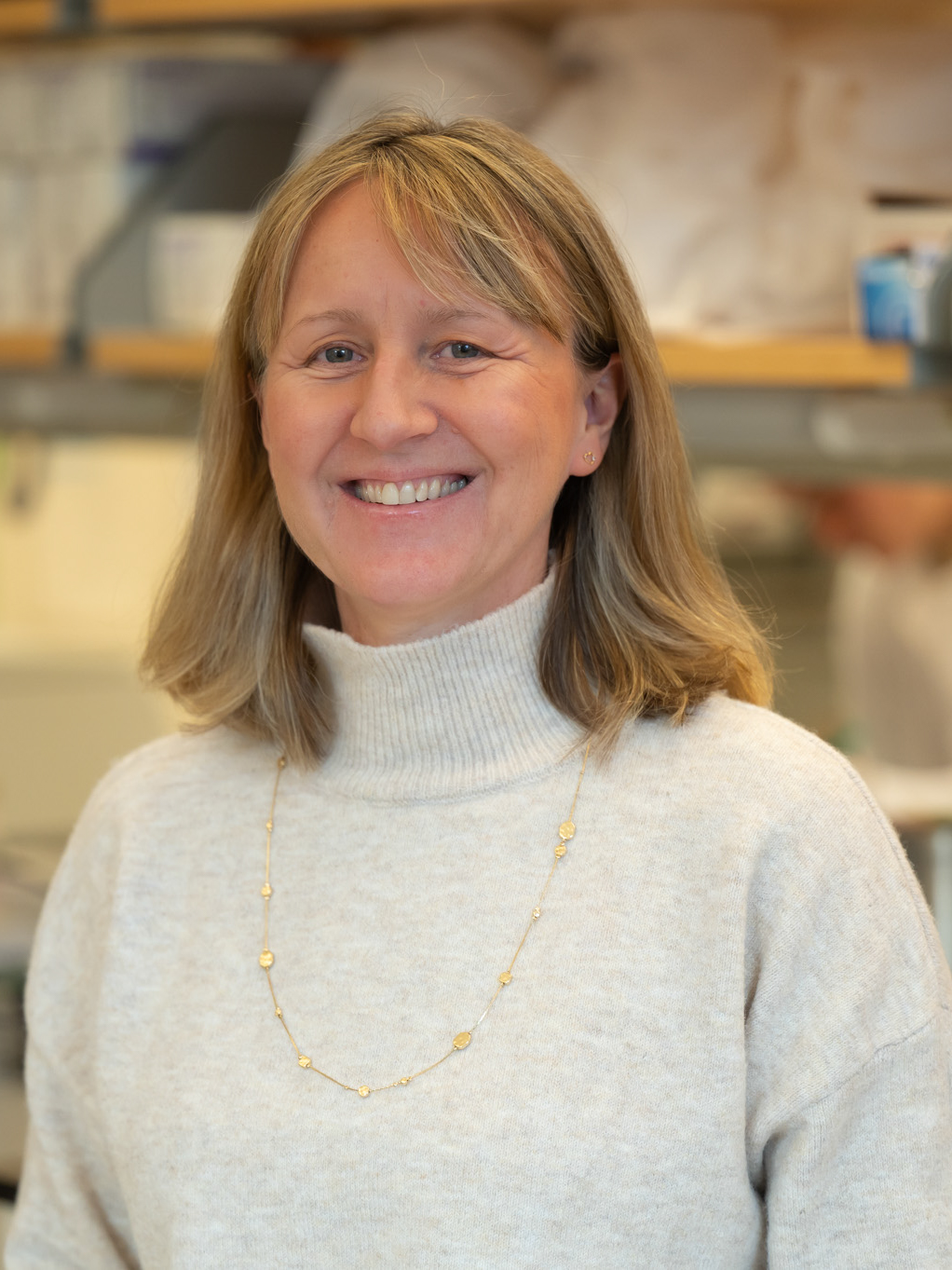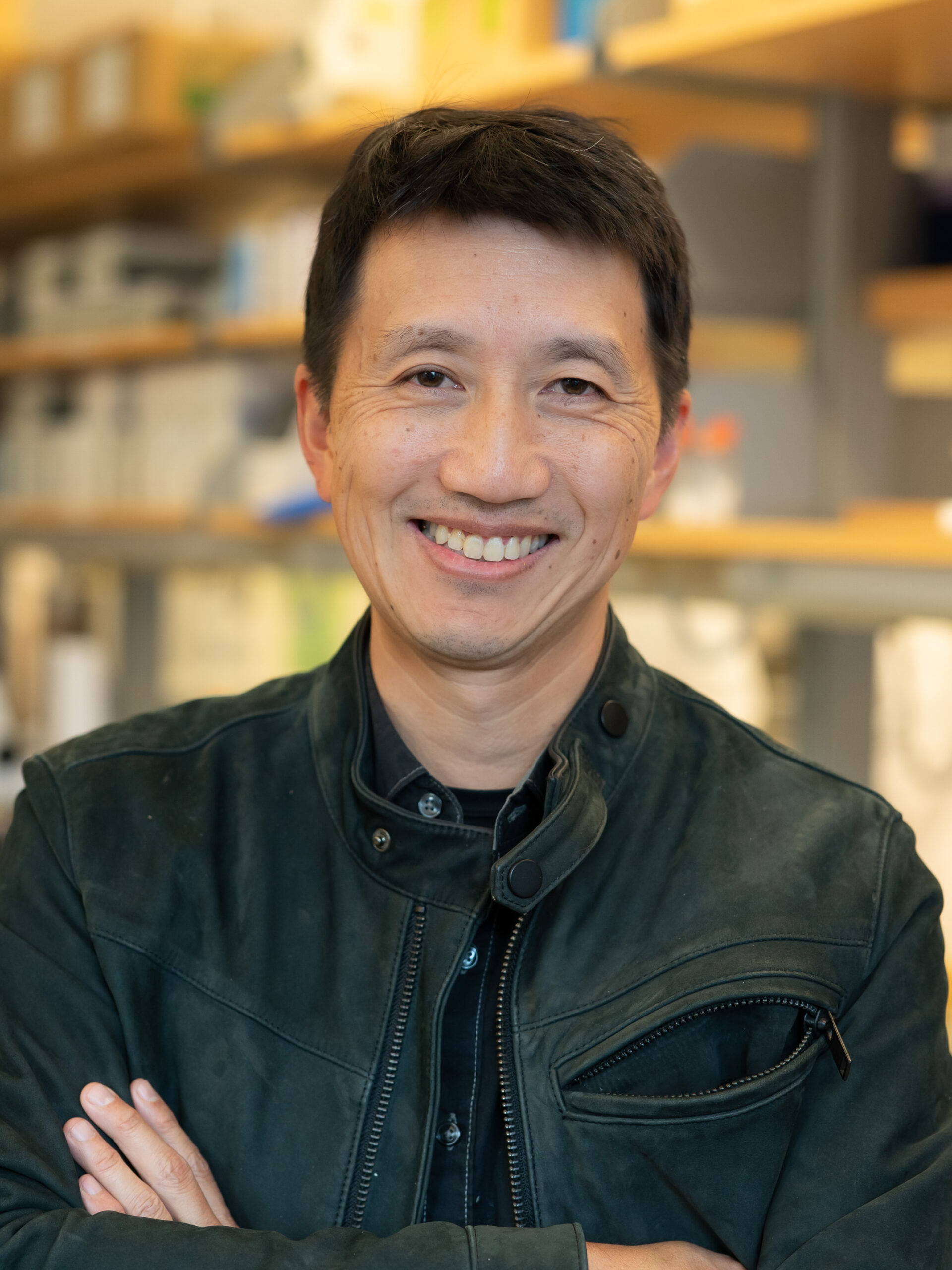Research
Pipeline for Usher Syndrome Research (PUSH)
The Pipeline for Usher Syndrome Research (PUSH) at Boston Children’s Hospital will bring together six world-class scientists dedicated to accelerating the development of treatments for Usher Syndrome (USH). PUSH aims to tackle multiple forms of Usher Syndrome in parallel, identifying subtypes and mutations that may be amenable to innovative therapies. By advancing potential therapies over the next three years, PUSH will strive to identify optimized strategies that can move toward clinical trials, ultimately improving treatment options for hearing and vision loss associated with USH.
OUR WORLD CLASS SCIENTISTS LEADING PUSH RESEARCH
While there are several labs pursuing USH therapies around the world, here we have a unique opportunity because the six investigators are all leaders in their fields, are all located in one academic institution, and they all possess complementary expertise.
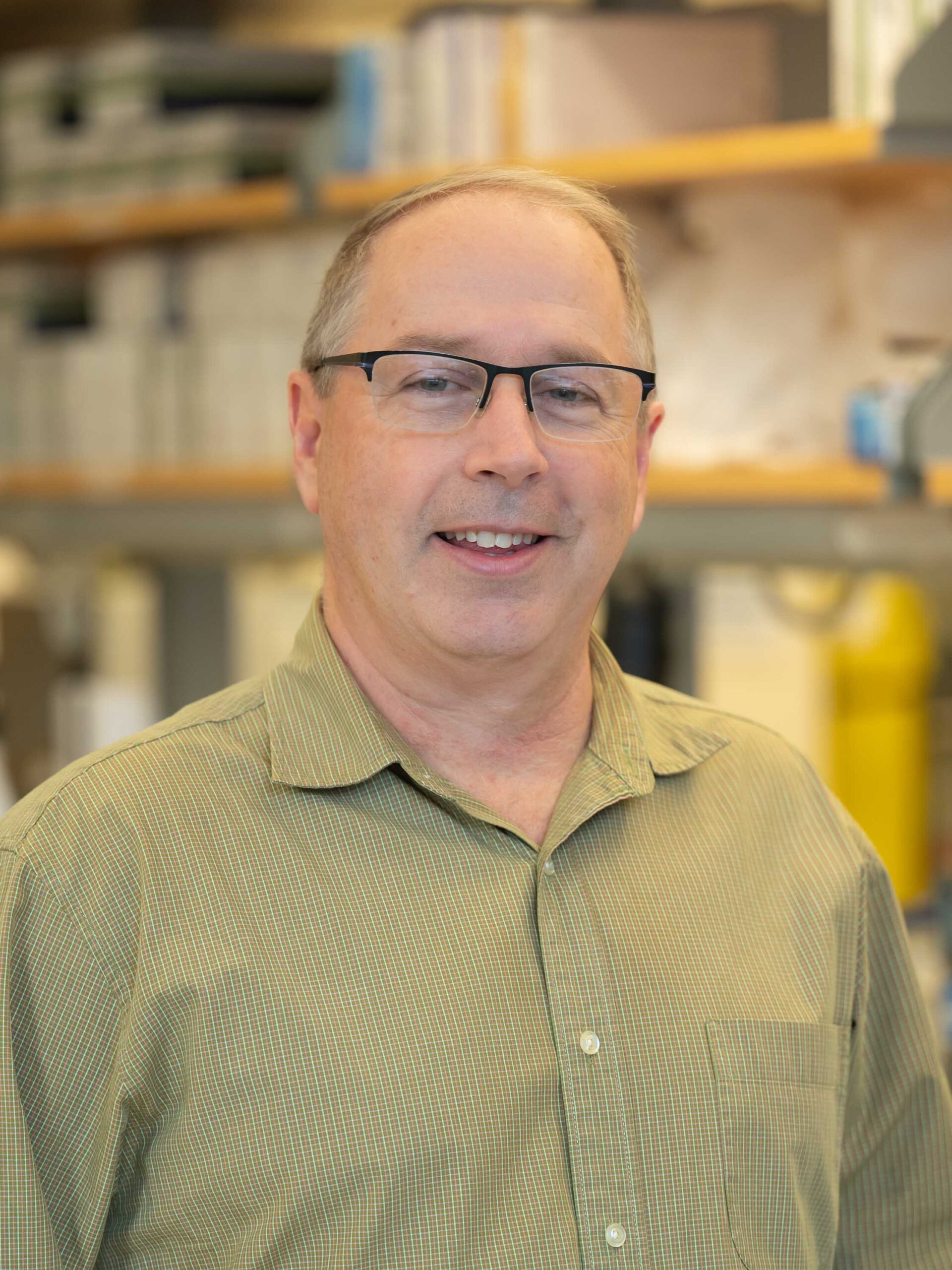
Jeffrey R. Holt, PhD
Chair of the SAB
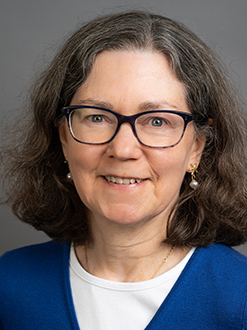
Marly Kenna, MD, MPH, FACS, FAAP
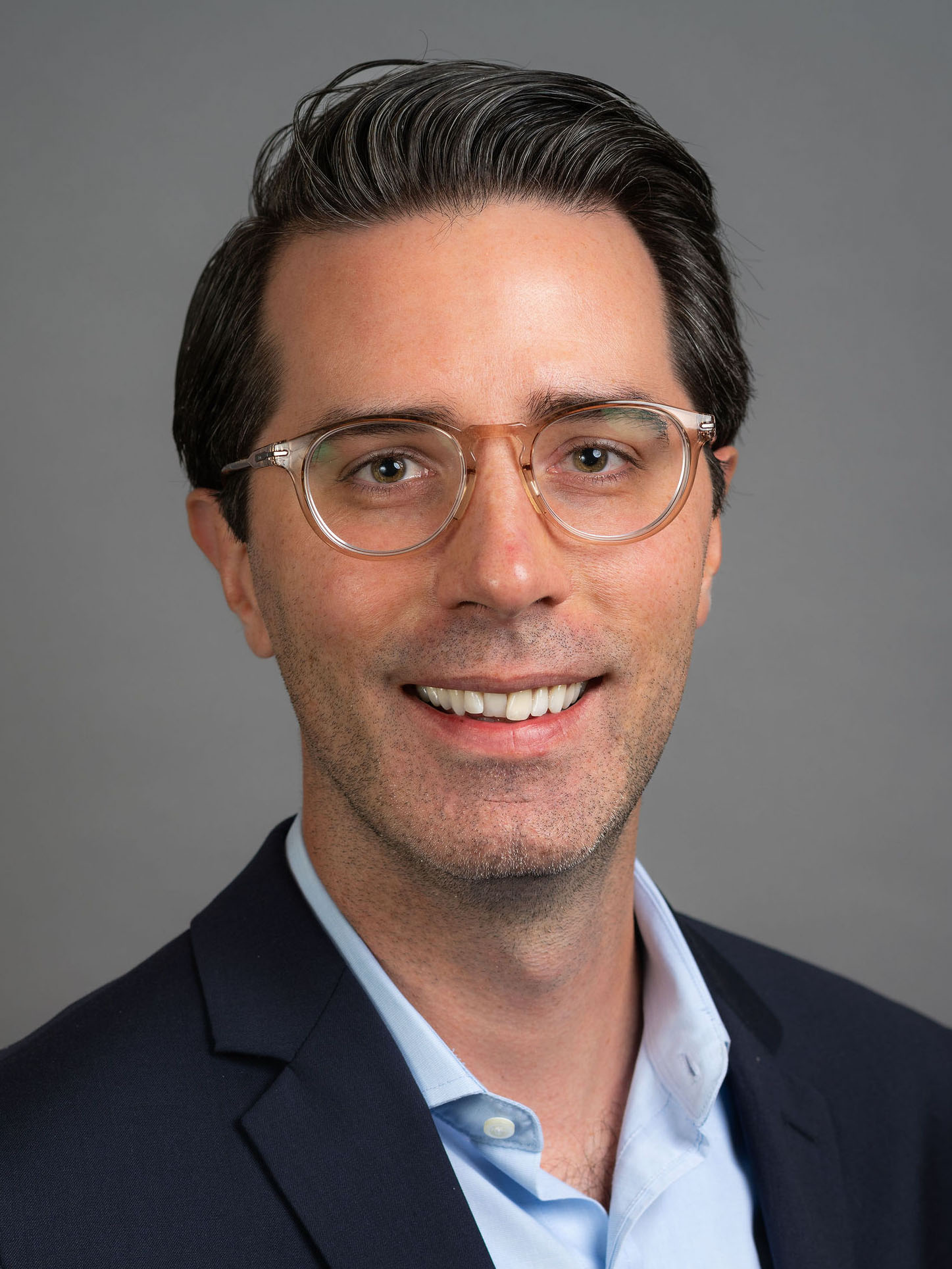
Eliot Shearer, MD, PhD
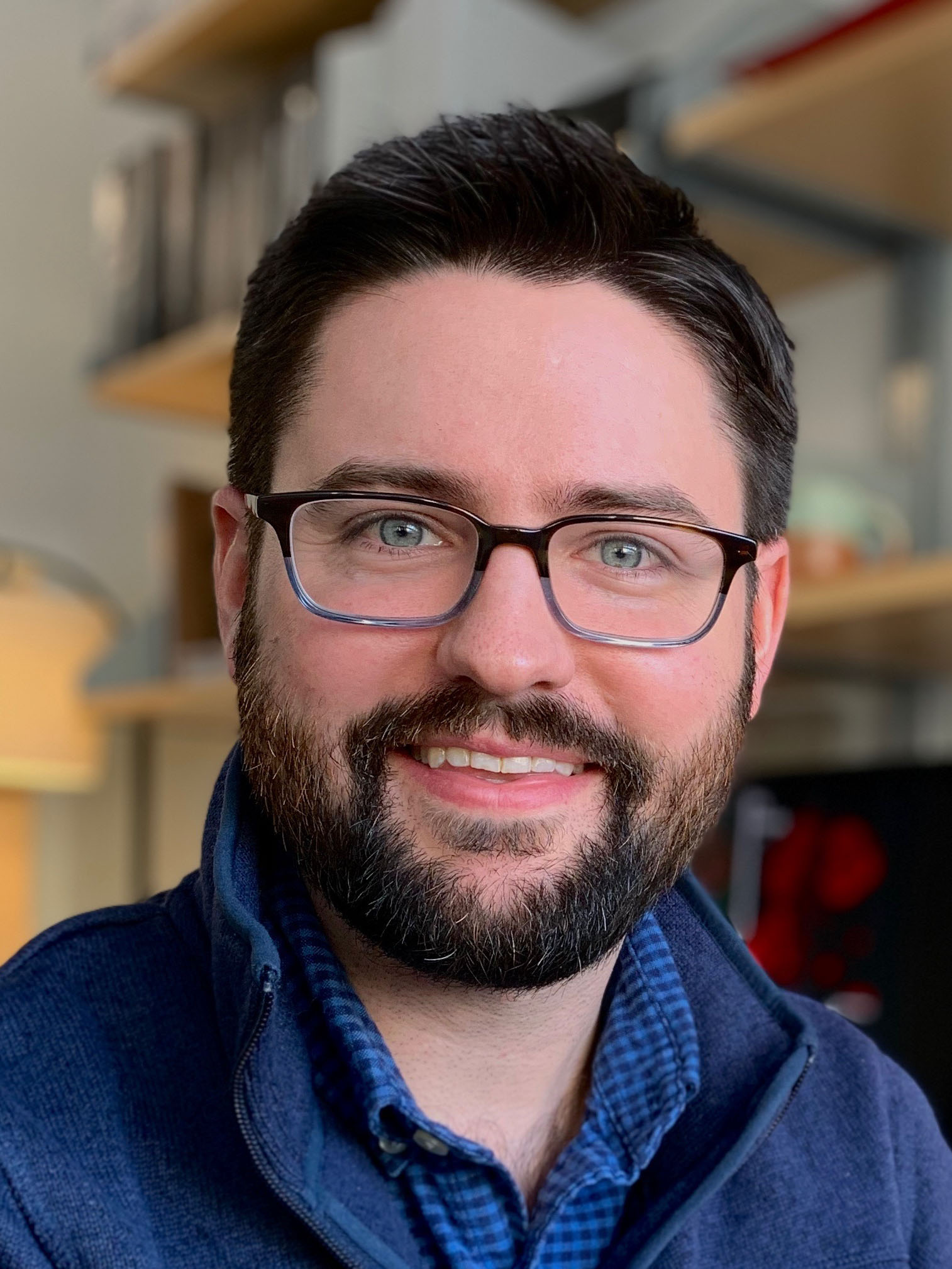
Karl Koehler, PhD
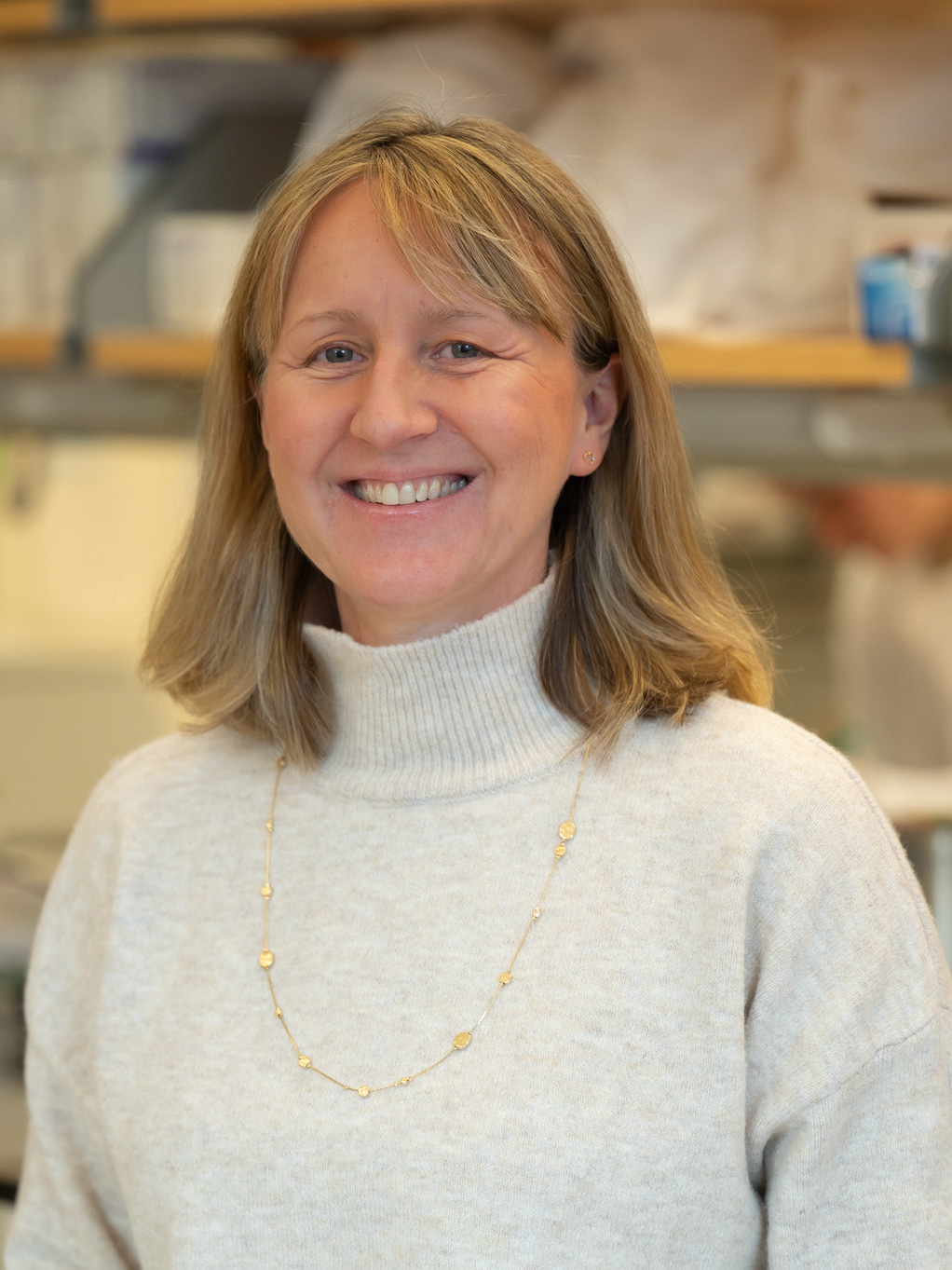
Gwenaelle Géléoc, PhD
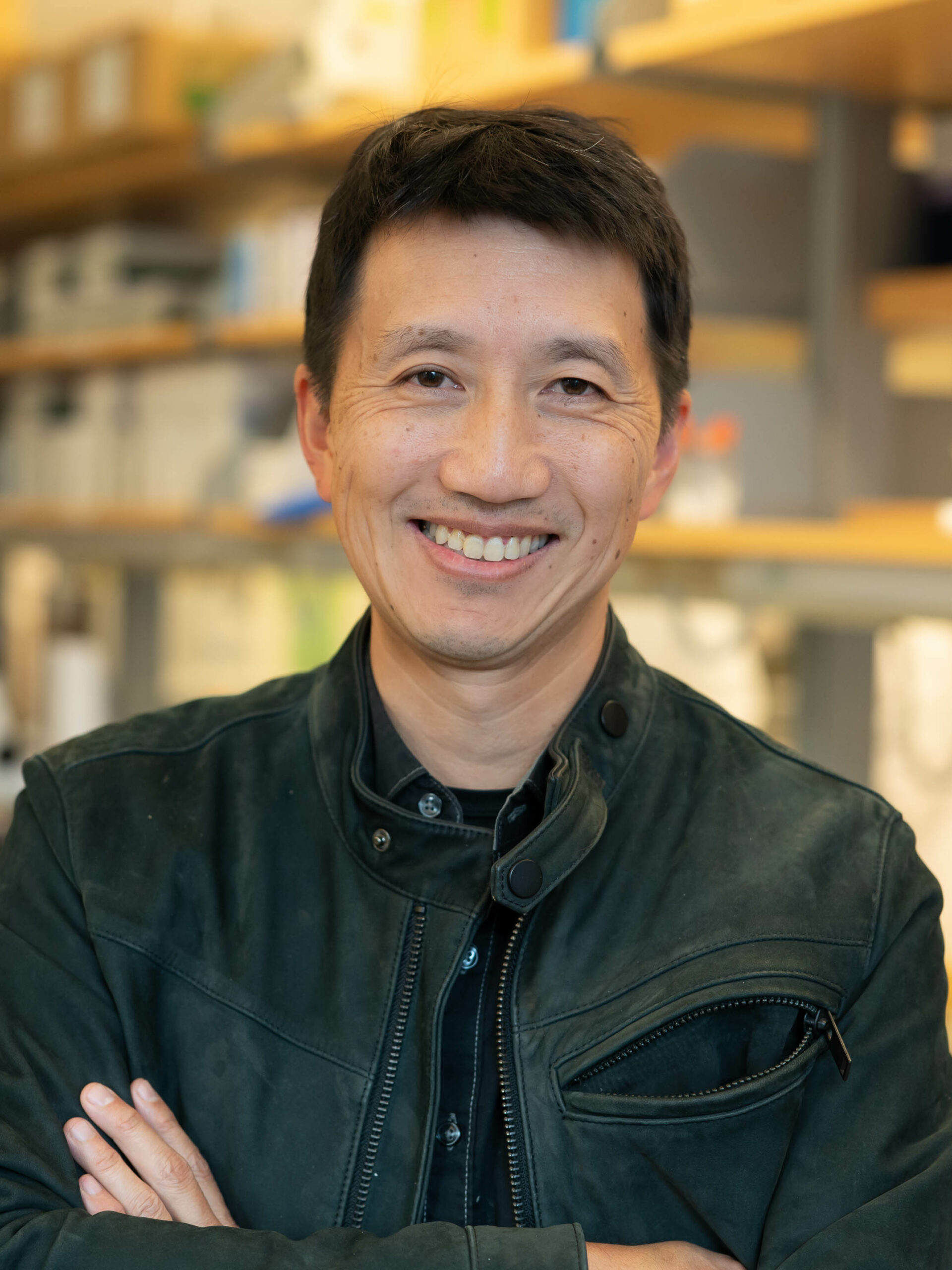
Timothy Yu, MD, PhD
Why Your Support Matters:
Your donation to the Usher Syndrome Society is crucial to continued support of this groundbreaking project at Boston Children’s Hospital. By supporting the Usher Syndrome Society, you will enable work that:
- Helps identify treatable forms of USH and advance targeted therapies.
- Supports the development of various therapeutic approaches, such as gene replacement, antisense oligonucleotides (ASOs), genome editing, small molecules, and others.
- Propels research toward clinical trials that could one day restore hearing and vision for those affected by USH.
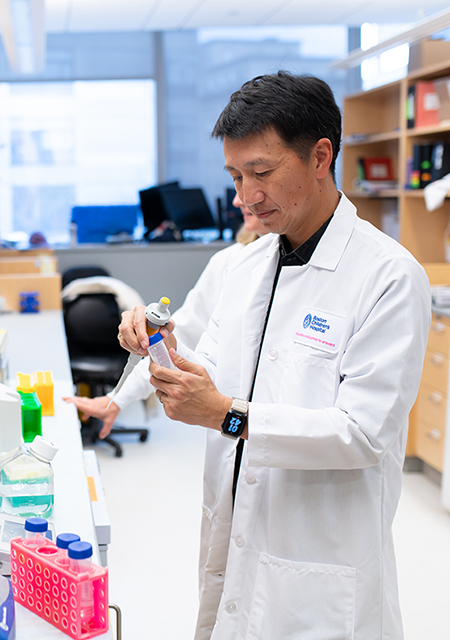
Be Part of a Life-Changing Effort:
By contributing to the Usher Syndrome Society, you’ll help us support an initiative that accelerates the search for effective therapies. While not all forms of USH may have an immediate treatment, the project will significantly advance the knowledge and strategies needed to identify and treat those that can be helped.
Our commitment to this research at Boston Children’s Hospital will help transform lives by supporting research that has the potential to stop, and possibly even restore, hearing and vision loss. Every contribution to the Usher Syndrome Society will bring us closer to funding breakthrough treatments, offering hope and real change for the future of Usher syndrome.

